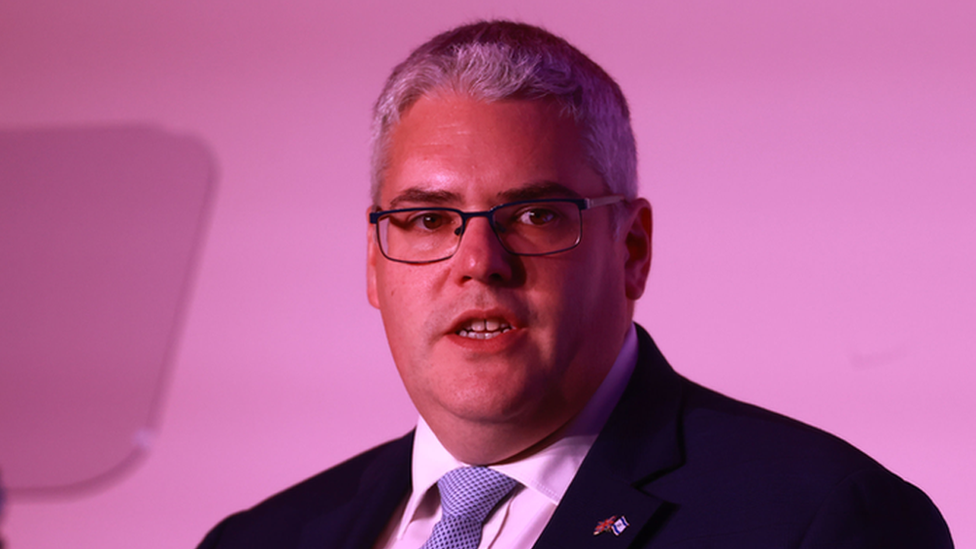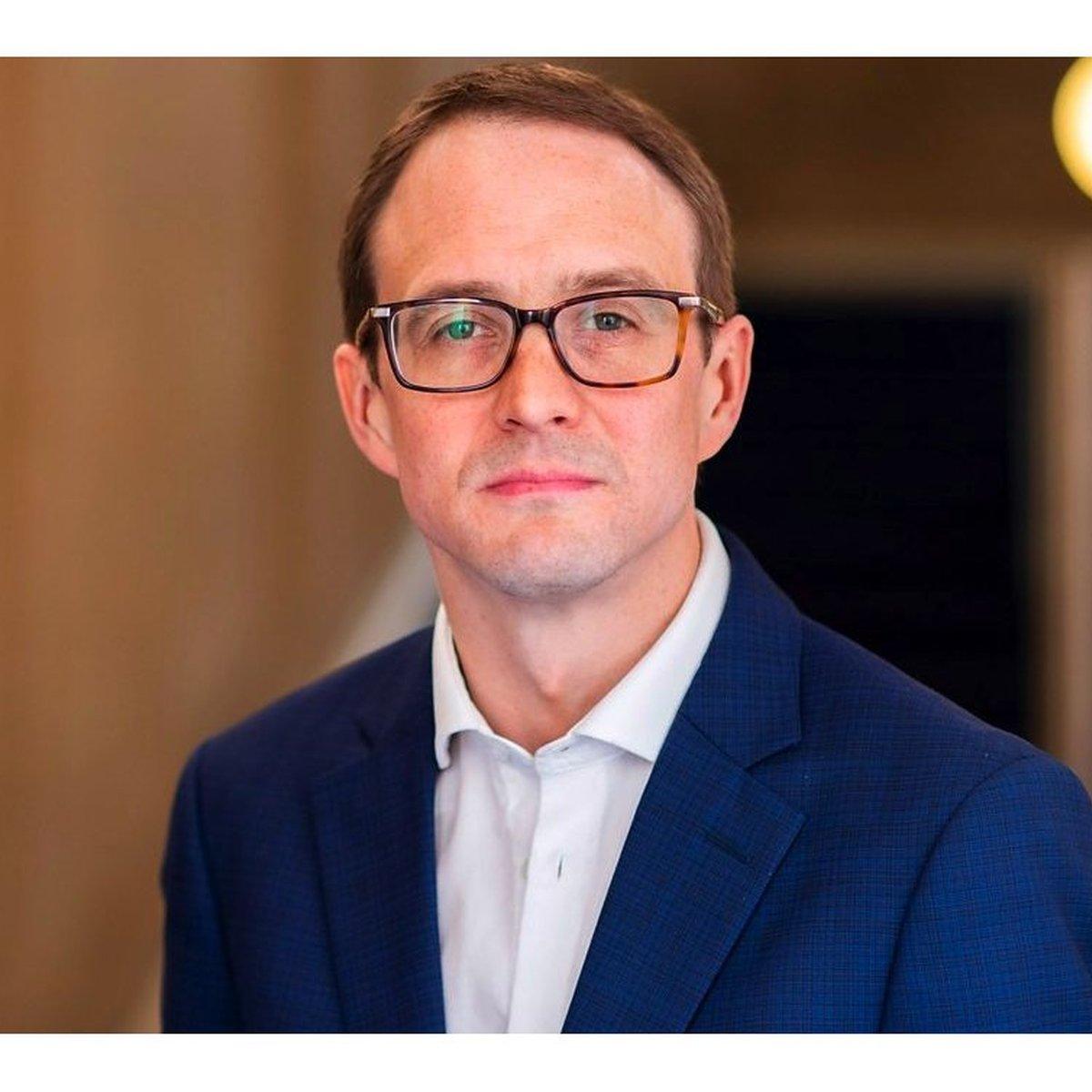Another moment of instability for Northern Ireland
- Published
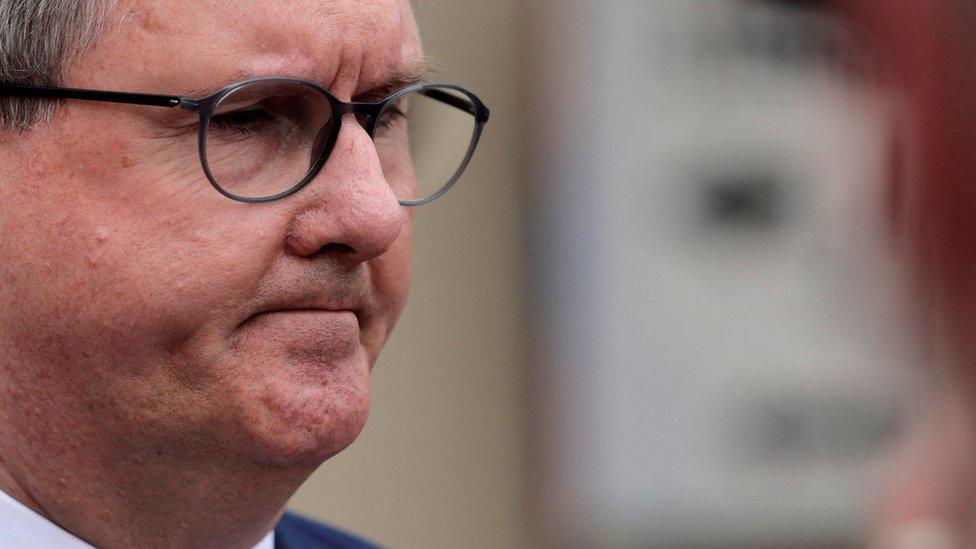
You can hear the pleas this Easter weekend.
Sir Jeffrey Donaldson's arrest, charging and resignation must not be an agent for instability in Northern Ireland.
Make no mistake, though, this is a moment of instability. Another one.
The new interim leader of the Democratic Unionist Party (DUP), Gavin Robinson, visibly shocked, insisted that while everything has changed for them, nothing must change when it comes to devolution.
Power sharing government - its return in Northern Ireland just two months ago - must and will continue, he said.
But personalities, individuals, always matter in politics. And never more so than in Northern Ireland, where things are rarely stronger than delicate - rarely more solid than fragile.
Sir Jeffrey Donaldson is not only one of the biggest figures in Northern Ireland politics of his generation, he was also the glue that bound his party together, or at least enough of it, to agree to a return to devolved government at Stormont just a handful of weeks ago.
He commanded the stage, his power and influence obvious. He was garlanded with praise from the prime minister down for what was seen as a brave act of statesmanship.
The institutions established 26 years ago - in the Good Friday Agreement of 1998 - are up and running again because he managed to persuade his party back through the door at Stormont.
Privately, there were those in the DUP with reservations. Publicly, there were too. But Sir Jeffrey used his experience, his heritage, his political capital to cajole his colleagues to collective agreement.
Northern Ireland, they concluded, should once again run its own affairs, or at least those ones handed to it by Westminster.
Now this.
So what happens next? Sir Jeffrey is an MP, not a member of the legislative assembly, so his resignation doesn't in itself remove a piece of the devolved jigsaw.
But around the corner, a leadership contest looks highly likely. Also around the corner, a general election is a certainty.
Sir Jeffrey has been a pivotal figure in Northern Ireland's recent past; his adult life devoted to championing its place within the United Kingdom.
Now, given what has just happened, new pivotal moments beckon.
At their heart will be questions about devolution and unionism, each with the capacity to help mould Northern Ireland's future.
- Published29 March 2024
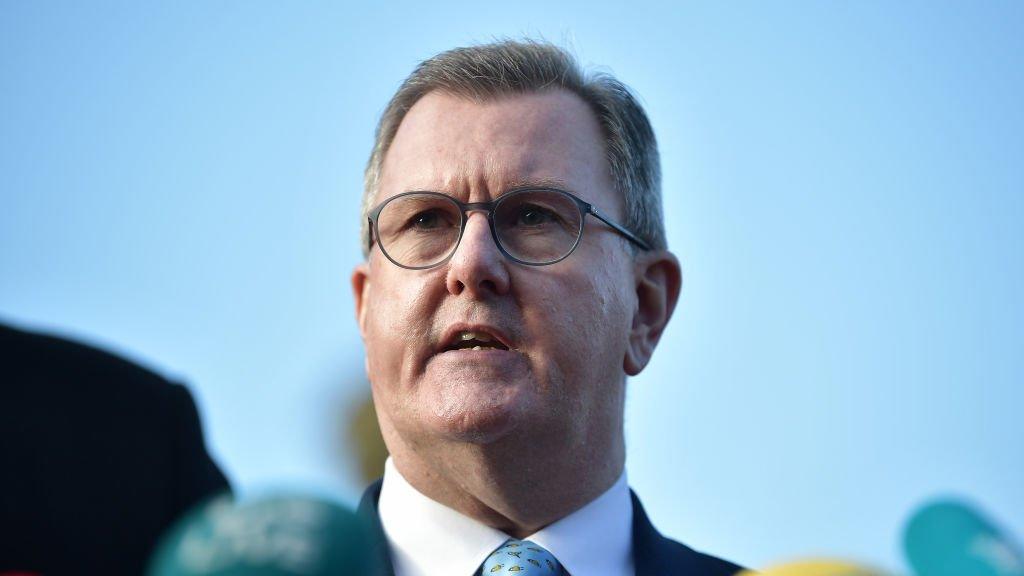
- Published29 March 2024
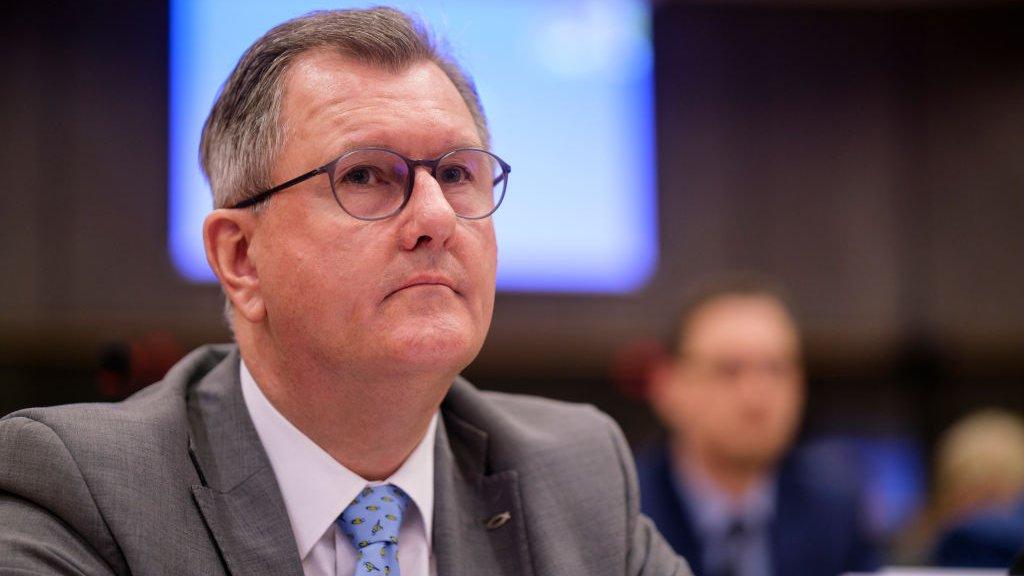
- Published29 March 2024
